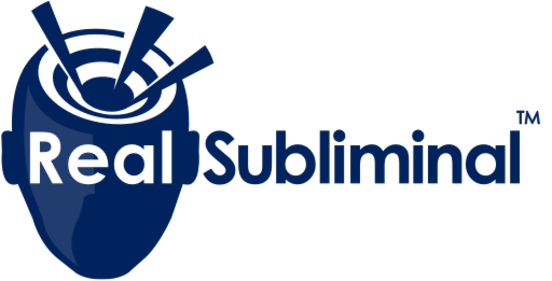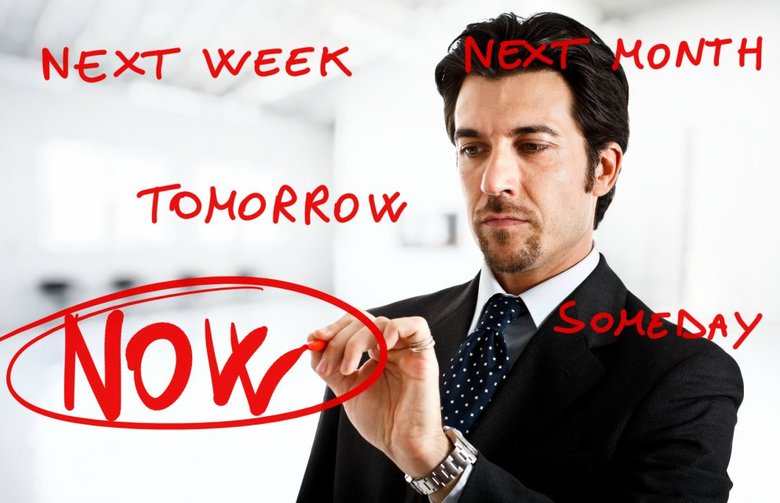Did you ever suspect the Spanish and the Italians are on to something big with their mid-afternoon siesta?
Scientists agree that a nap during the work day is a splendid way to reset, rewind and get back to the trenches with more vigor and energy.
While dozing in the middle of the day is a dream for most (including a lot of Spanish and Italians), doesn’t it make you wonder what other counterintuitive measures you can take to boost productivity and enhance your performance?
Here are a few powerful suggestions:
Don't work so hard
You’d think the longer, the harder you work, the better results you’d achieve.
That may be true in the short run, but long-term, spun out, dull days, even if you love your job will inevitably lead to burnout.
You know,
- when you’re not happy and enthusiastic in the mornings;
- when you feel tired and exhausted without a good reason, but then having trouble to fall asleep when you should;
- when you’re often angry, sad, frustrated and irritable;
- when it’s hard for you to focus, yet easy to forget things;
- when you’re unmotivated to do even the most enjoyable tasks;
- when you procrastinate longer than you do the actual work….
Not only do you risk your health and wellbeing by working your ass off, but you also impair your productivity.
Most typical advice to prevent the burnout and maintain top effectiveness includes healthy nutrition, exercising, taking regular off-screen active 5-15-minute breaks, meditation, etc.
But the key takeaway here is to limit the time you spend working and spend enough time having fun.
Find a work-life balance that fits you in the long run and stick to it.
Easier said than done, I know.
A cute way to plan your day with work-life balance in mind are the 3 item to-do lists . No more overlong lists of tasks that make you nauseous when you start your day and sick when you perpetually move half of the items to the following days.
Prioritize instead and make only a short 3 item to-do list.
Although, make sure you “eat the frog first,” that is to cross off the meanest, most time-consuming task off your list when you’re the most productive during your day.
And don’t forget to figure out what you will treat yourself with after every successful working day. It doesn’t have to be big, but it should be compelling enough to make you boost your efforts and look forward to it.
Set super unrealistic goals
Our brains are wondrous organs. Problem-solving software and solution generating machines. Sometimes, all you need to become more productive is amp up your brain activity:
- Send 50 custom-tailored emails to your clients.
- Come up with 50 ideas on how to improve a process in your line of work.
- Make it your job to answer 50 customer complaints in a day.
You see my point. Challenge yourself with the tasks you can’t possibly accomplish in a day (or a week). And attack it anyway.
The key here is to manage your expectations. Don’t expect to crush ALL your goals, for real, but rather to do as much as you can.
And you’ll see, you’ll accomplish so much more than you could have without aiming this crazy high.
Include the distractions and interruptions into your plan
Most people focus on setting up to-do lists to complete tasks one by one, but they often leave out the plan for dealing with the distractions.
If you put one in place, though, it can help you minimize the impact distractions and interruptions have on your work and maximize the efficiency of getting it done.
Here are a few items to include:
Smartphones & social media
Number one culprit for procrastination and the lack of productivity at work - the notorious social media.
The common advice? Shove your phone in the drawer and mute it (yes, the vibration too). Designate certain times during your day to engage on your social media accounts or use this as a part of your reward system.
You finished the most difficult assignment on your to-do list?
Great, now you have 10 minutes to scroll your phone, comment your friends’ pics and touch base with your partner. Knock yourself out - you deserved it.
Another tip is to install an app or/and a Chrome extension that’ll
- Measure the time you spend on your phone/social media/certain time-sucking website/Internet.
- Cut you off totally.
Multitasking
Multitasking can be a slippery slope. On one hand, depending on your line of work, it may be a must. On the other, multitasking is a myth .
See, what you consider to be multitasking is switching from one task to another. You stop writing to answer the phone. You stop entering data into your spreadsheet because you’ve got to head to your meeting. And you schedule an appointment with your HR manager on the way.
The downside is that you lose focus when you shift your attention between the tasks. And time. The more complex the task you’re starting fresh, the more time you’ll need to pick it up.

If you work as a receptionist or a nurse, you can’t really do much about it, but if swapping assignments isn’t necessary, you could set a little time aside to prioritize and resist your urge to stop whatever you’re doing at that moment and press on something else.
Team members’ and gossipy colleagues’ interruptions
The stats are clear. An average employee spends 28% of their day dealing with all kinds of distractions and interruptions. And depending on the depth of your work it may take you up to 20 minutes to regain your flow to the fullest.
And while it’s unrealistic to expect these numbers can shrink to zero, you can try out a few tips to at least minimize the negative impact of unwanted interaction with your colleagues.
Sure, not all tips can function for all occupations. But they may help you steer your thinking and come up with your own fixes.
- Wear headphones as a signal you’re busy
In some companies headphones are a common signal you’re in the middle of something and you don’t want to be disturbed.
So use it.
And if the music is a distraction for you, just don't play it. Nobody has to know.
Yet, if the headphones are not efficient enough (your colleagues don’t give a heck) you may set up a real sign for your desk that says:
“Don’t disturb. I mean it.”
- Communicate your schedule
Another way to go is to set aside appropriate time during which your team members and co-workers can consult you, talk to you or ask questions.
If you don’t want to sound presumptuous, share your whole daily or weekly plan with them. When they see how busy you are and what you’re working on, they’ll be more likely to adhere to your schedule.
- Make an FAQ file
The longer you work in a certain job, the more similar or even the same questions your colleagues will ask you.
Just imagine how much time you’ll save if you make an FAQ file that you can refer to anybody who asks you a question you've got covered to. Your file can also include a resources list, guidelines, policies, etc.
- Learn to say no, for real
As clear as day, you’ve heard this one a million times. But are you practicing it?
That’s because people expect you to help them when they ask. And it’s uncomfortable to disappoint them and burst their bubble. You also fear you will damage the relationship.
Saying NO is an art, but a simple one. All you need is a grain of courage:
- Rip off the bandage swiftly. (Followed by a genuine “I’m sorry,”)
- Explain your reason briefly, but don’t get defensive or over-elaborate your reasons.
- Propose another time or a different way to help.
Or, you can be quite elegant and arm yourself with a question: “Now is not the best time, is this urgent?”
You may be surprised at how well people actually take this.
Don’t step on your own tail
Sometimes, we are our worst enemy. Our negative feelings are, to be more precise.
And more often than not, ignoring your emotions, especially if you’re overwhelmed, upset or frustrated won’t help you accomplish more.
So instead of pushing to get on with your assignment, which is often counterproductive if you’re upset, take a break.
Walk away.
Breathe deeply and try to calm down. Maybe find someone to talk to about your problem and vent. Think about solutions or next steps to take.
And then, when you go back to work, you’ll be able to commit to it 100%-ish.
Constant pressure to be productive at all times is often unproductive. It’s a paradox. Still, It’s not going away.
If you want to get ahead, or even keep your job, you need to play along.
But nobody says you can’t be creative about it. So, explore these hacks and figure out your own.
And rule your business hours like a boss.




Comments